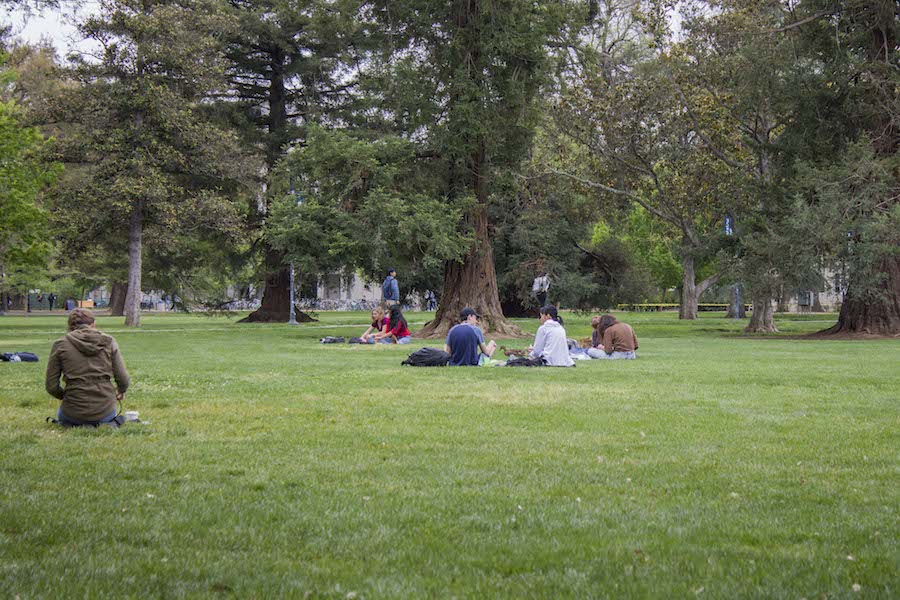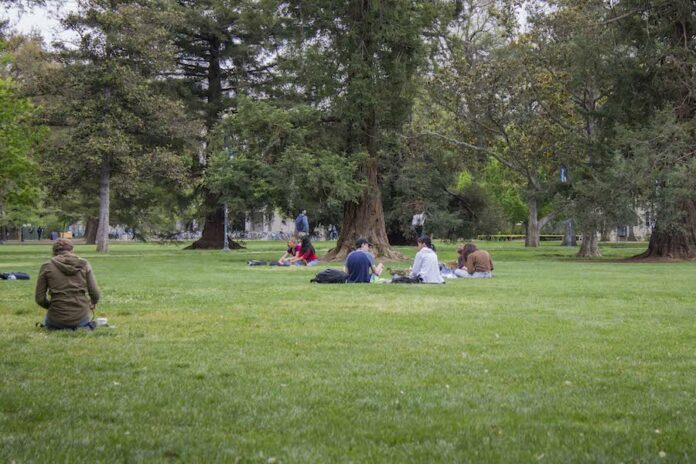
 Forming better academic skills can help to decrease stress, increase success
Forming better academic skills can help to decrease stress, increase success
Time is not on our side in the rapidly-progressing quarter system, and bad time management could be harming both our mental health and academic performance. The best-rehearsed line students repeat is often “I don’t have enough time,” and it speaks to the problem of poor academic planning — a key factor in creating academic stress.
Victor M. Garcia, a retention advisor at the Academic Success Center, said that being at UC Davis “requires students to be skillful and [to be] able to manage their time” because “academics require quite a bit of commitment.”
Research has found that students have an increase in academic stress when they feel short on time and cannot contain all of the required information given within a course. The same study also found that students who prepare for an exam with the feeling of having “not enough time” saw an increase in stress, which impaired students’ physical and psychological performance.
Time management has been defined in terms of clusters of behavior deemed to facilitate productivity — something we all want and should have at UC Davis. In the book Essentials of Managing Stress, Brian Luke Seaward, an expert in stress management, provides tips which could be used to better facilitate time management, thereby reducing stress.
Seaward talks about the importance of breaking up assignments and rotating through them one by one. This is obvious, but most honest students would say we don’t give equal time and priority to all of our assignments. The key is to not only get through the bigger assignments first, but to have enough time and energy left for other assignments. Set a schedule, a time of devotion that will give equal time to each subject matter and start a rotation. Hopefully, it will prevent burnout.
Next: Prioritize. Seaward reminds students to determine what’s important and identify the work needed to complete a task at hand. Students have to be able to consciously determine and distinguish between things of high and low interest. For many students, school is of low interest, and hanging out with your friends is far more interesting. Think about the times you were out having fun with friends, only to later face the dreadful work due next week and the accompanying low motivation as you sat down and struggled to start your assignments. Try to change this habit. Use potential leisure time as an incentive to get your work done. Fully commit and treat yourself only after you are satisfied with the work you have completed. Remember you’re a student first and foremost.
Finally, create a schedule. Once you have identified that schoolwork is important and takes priority over leisure time, then you can have fun. Schedule what needs to be done in order of importance and set a goal to accomplish each task. Take time to reflect on your personal productivity level by noticing when you’re most tired, most awake and most efficient and schedule your responsibilities around those times. Also remember to finish your work all the way to the end. Don’t let yourself off so easy.
Wondering where to start? Begin by checking out the Student Academic Success Center here on campus. It has workshops to help students with time management, procrastination, test taking and other helpful study skills. By developing skills like time management, students will have a greater sense of control over their lives, leading to better performance, increased satisfaction and decreased stress. Garcia has personally encountered the “great positive impact” a student gets from improving their skills, saying that “When you feel that you are more in control of your education, it’s a very positive thing for students.”
Written by: Marisol Beas — mbeas@ucdavis.edu
Disclaimer: The views and opinions expressed by individual columnists belong to the columnists alone and do not necessarily indicate the views and opinions held by The California Aggie.




